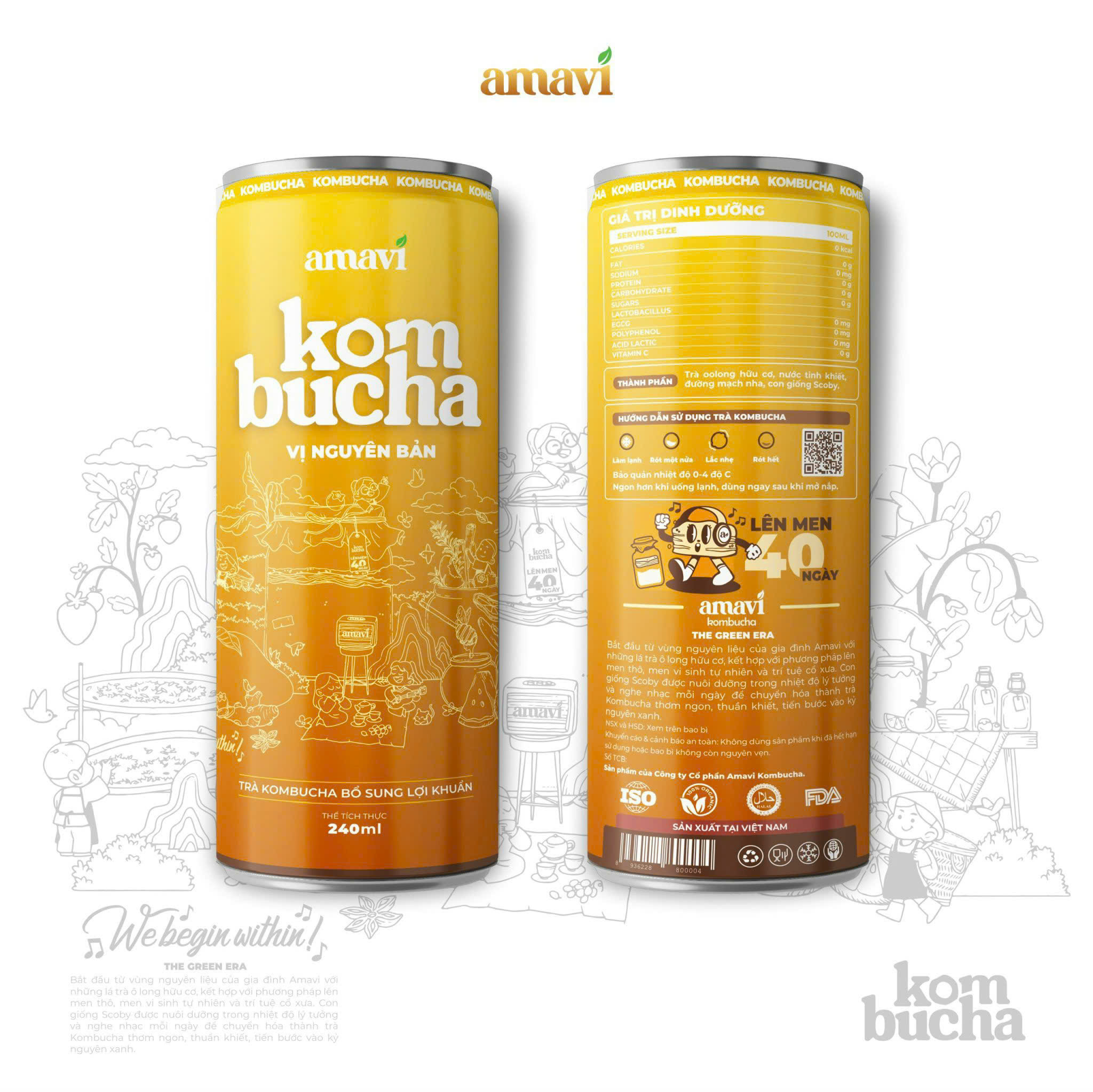Kombucha, a fermented tea beverage, has gained immense popularity not only for its refreshing taste but also for its impressive health benefits. In this article, we will explore the science behind kombucha’s antioxidant properties, how they contribute to overall health, and why incorporating this ancient drink into your diet can be a game-changer for your wellness journey.
In order to make kombucha, tea, typically black or green, must be fermented for at least a week using sugar, a symbiotic culture of bacteria, and yeast (SCOBY). During the fermentation, numerous bioactive chemicals are produced, such as probiotics, polyphenols, vitamins, and enzymes. These compounds contribute to the various health benefits associated with kombucha and are outstanding in antioxidant activity.
What are antioxidants?
Antioxidants are compounds that help neutralize free radicals - unstable molecules that can damage cells and contribute to aging and diseases. Kombucha contains several types of antioxidants, primarily derived from the tea used in its fermentation process, including:
Polyphenols
Prevalent in the tea used to make kombucha, helps neutralize free radicals in the body, decreasing oxidative stress and minimizing cellular damage. During fermentation, polyphenols are retained and even strengthened or reduced into smaller and more easily absorbed molecules, making kombucha an excellent source of antioxidants. This antioxidant capacity is critical for defending against a variety of diseases caused by oxidative stress, including cardiovascular disease and certain malignancies.
Flavonoids
A type of polyphenol found in various plants, including tea. Flavonoids have been found to have anti-inflammatory and antioxidant properties
Vitamin
Kombucha is rich in B vitamins, which are essential for various bodily functions, such as converting nutrients into energy and supporting nerve function, producing energy and the metabolism of fats, repairing DNA, maintaining skin, metabolizing amino acids, producing red blood cells, neurotransmitters, nerve function, red blood cell formation, and DNA synthesis. Besides, the high vitamin C content in kombucha helps protect cells from damage, supports the immune system, enhances the absorption of iron from plant-based foods, and plays a crucial role in collagen synthesis, which is important for skin health and wound healing.
Glucuronic acid
A significant component of kombucha, contributing to its antioxidant and detoxifying properties. It binds to toxins, drugs, and other harmful substances in the liver, making them more water-soluble and easier to excrete through urine. This process, known as glucuronidation, helps reduce oxidative stress by eliminating potentially damaging compounds from the body. By aiding in the detoxification process, glucuronic acid helps protect the liver from damage caused by toxins and free radicals. Moreover, Glucuronic acid works synergistically with other antioxidants present in kombucha, such as polyphenols and flavonoids, to enhance the overall antioxidant capacity of the beverage. This combined effect helps neutralize free radicals more effectively, reducing oxidative stress and inflammation.
The fermentation process of kombucha enhances the bioavailability of these antioxidants, making them more potent, then helps lower oxidative stress, which has been related to a variety of chronic diseases, including heart disease and cancer. Furthermore, they can reduce inflammation and strengthen the immune system, allowing the body to fight against infections and disorders.
The antioxidant activity of kombucha makes it an important complement to a balanced diet, particularly for individuals aiming to improve general health and lower their risk of chronic diseases. However, like with any dietary supplement, kombucha should be consumed in moderation and discussed with a healthcare physician if you have any concerns.
